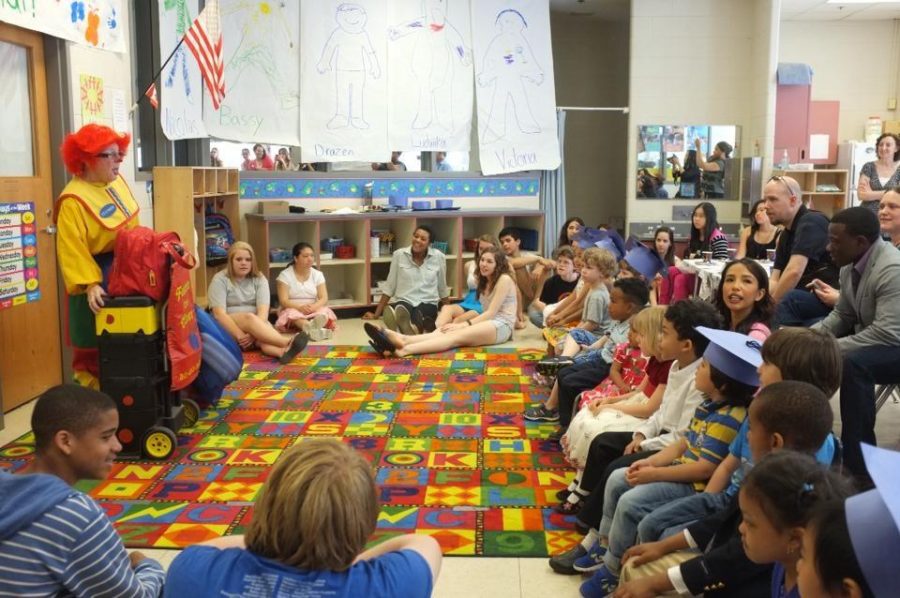“We just wanted to make a statement that America is not what you think it is,” Markel Grant told the Washington Post. Amidst a recent wave of protesting athletes at the professional and collegiate level, Markel Grant stands out: he is the junior quarterback of the Watkins Mill High School football team, the first team to bring this movement to Montgomery County.
On Friday, before facing off against Gaithersburg, Markel and his teammates knelt as the national anthem rang across the field in an act of protest inspired by Colin Kaepernick, the quarterback of the San Francisco 49ers.

In August, Kaepernick took a knee during the national anthem at a preseason game, his refusal to stand a protest against the oppression of people of color.
Peaceful protests at sporting events, such as these, ought to be respected: free speech is a protected right of all Americans.
Both Montgomery County and the National Football League understood this and allowed the protests. Others have been less tolerant, including Bill Lynch, owner of the Washington Spirit. Last week, he ensured that the anthem was played before the teams left the locker room to prevent the protest of Megan Rapinoe, a Seattle Reign midfielder.
Whether Lynch knew it or not, multiple Supreme Court decisions have affirmed that nonverbal actions, including kneeling, are included in First Amendment speech protections. Even speech concerning a national symbol, such as the anthem, is protected. This precedent was established in Texas v. Johnson, a 1989 Supreme Court case regarding the legality of burning the American flag.
“It is poignant but fundamental that the flag protects those who hold it in contempt,” Justice Kennedy wrote in his concurring opinion. This rings true today. Those words of the national anthem validate the actions of protesters, for after all, this is “the land of the free and the home of the brave.”
Protest is indeed a brave act. Athletes standing up—or kneeling down—for what they believe in show courage; they risk losing their endorsements, fans’ support, and future contracts.
Many Americans, including Sarah Palin, Kate Upton, and Bill Lynch, have characterized the actions of Grant, Kaepernick, Rapinoe, and fellow kneeling athletes as unpatriotic and disrespectful to veterans, especially as demonstrations continued during games on Sept. 11.
They have the right to characterize the athletes as such, but some veterans disagree. “Veterans fight for everybody’s rights,” one veteran and fan of the Washington Spirit, upset by the team’s response to Rapinoe’s attempted protest, told ThinkProgress.
Moreover, protest can be a patriotic act.
James Baldwin, often called the “literary voice” of the Civil Rights movement, once said: “I love America more than any other country in the world and, exactly for this reason, I insist on the right to criticize her perpetually.”
Those who love the country seek to improve it, which sometimes necessitates acts of dissent.
This Friday, the Watkins Mill football team plans to kneel again at their upcoming game against Damascus. This choice ought to be respected; they are exercising their right to free speech in a courageous act of protest, a special kind of patriotism.










Anonymous • Sep 16, 2016 at 2:42 pm
Awesome Camille – you are absolutely right – keep on writing and standing up for what is right.
asdfa • Sep 13, 2016 at 8:04 pm
Great Article Camille! This is analogous to the debate regarding the burning of the flag in the 1980s. Veterans in this country have admirably died defending liberty. To deny liberty when its exercise runs counter to consensus would be a betrayal of our obligation as a nation and render the sacrifice of veterans to be in vain.